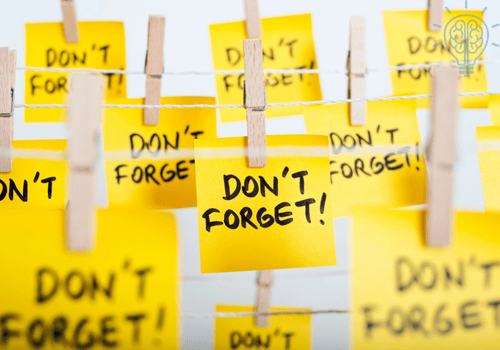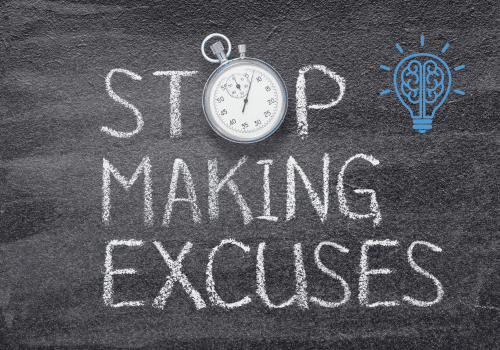“I start one thing, then another… and another. Why can’t I just finish what I start?”
If you constantly bounce between projects but rarely finish them, you’re not alone. Many people struggle with task-switching overload—starting multiple things but leaving them half-done. It’s frustrating, overwhelming, and can make you feel unproductive, even when you’re busy. So if you ever find yourself wondering: “why do I keep jumping between tasks and not finishing anything,” read on.
You might think the problem is a lack of self-discipline, but the truth is: task completion isn’t just about willpower—it’s about how your brain handles focus, priorities, and transitions.
Before we dive into solutions, let’s explore why this happens and how executive function plays a role in helping you stay on track.
Why You Keep Jumping Between Tasks
Do you ever start an email, then check your phone, then remember another task—only to realize that an hour has passed and nothing is fully completed?
This cycle happens because of executive function challenges, particularly with task-switching and cognitive control. Your brain craves novelty, and switching tasks provides a quick dopamine hit. But this constant shifting makes it harder to stay on track and finish things.
The good news? You can train your brain to focus and finish.
Reframing the Problem: It’s Not Just Multitasking
Instead of asking, “Why can’t I focus?” try asking:
- ✔️ Am I switching tasks for excitement or to avoid something difficult?
- ✔️ Do I lack a clear system for prioritization?
- ✔️ Is my environment full of distractions that encourage task-hopping?
Understanding *why* you’re jumping between tasks is the first step toward fixing it.
The Executive Function Behind Task Completion
1. Prioritization (Avoiding “Shiny Object Syndrome”)
Your brain struggles to decide what matters most, leading to constant task-switching.
🔄 Why It Happens:
- You react to urgent tasks instead of focusing on important ones.
- A lack of clear goals makes every task feel equally important.
- New ideas feel exciting, pulling attention away from unfinished work.
📌 How to Help:
- Use The Rule of 3—pick three key tasks to complete daily.
- Create “Do Not Switch” periods to stay locked on one task.
- Write down distracting ideas instead of acting on them immediately.
2. Task Switching (Minimizing the Reset Time)
Jumping between tasks drains mental energy and makes progress feel slow.
🔄 Why It Happens:
- Task-switching provides a short-term dopamine boost.
- You overestimate your ability to juggle multiple things.
- You lack a structured plan, leading to constant pivots.
📌 How to Help:
- Use the 20-Minute Rule—stick with one task for at least 20 minutes.
- Batch tasks—group similar activities to reduce switching.
- Use a Task Parking Lot—write down distractions and revisit them later.
3. Impulse Control (Resisting the Urge to Switch Tasks)
📱 Why It Happens:
- Instant gratification (switching to a new task) feels more rewarding than deep work.
- Stress and boredom make new tasks seem more appealing.
- Habit loops make it automatic to switch whenever focus drops.
📌 How to Help:
- Use the 10-Minute Delay Trick—when you feel the urge to switch tasks, wait 10 minutes. Often, the urge will pass.
- Make it harder to switch—close extra tabs, silence notifications, and set workspace boundaries.
- Use “If-Then” planning—for example, “If I feel the urge to check email, then I will take three deep breaths and refocus.”
Practical Strategies to Stay on Track
✅ Time Blocking
- Use Pomodoro timers (25 minutes work, 5-minute break).
- Plan your day in “focus blocks” (e.g., deep work from 9-11 AM).
- Set a “shutdown ritual” to signal when work is done.
✅ Environment Optimization
- Declutter your workspace to minimize visual distractions.
- Use noise-canceling headphones or background sounds.
- Put your phone on airplane mode during focus sessions.
Coaching Can Help
If you’ve tried these strategies and still struggle to finish tasks, executive function coaching can help. We provide personalized tools and strategies to support attention, reduce distractions, and build sustainable focus habits.
📞 Want to learn more? Contact us today for a free discovery call—we’re here to help.




